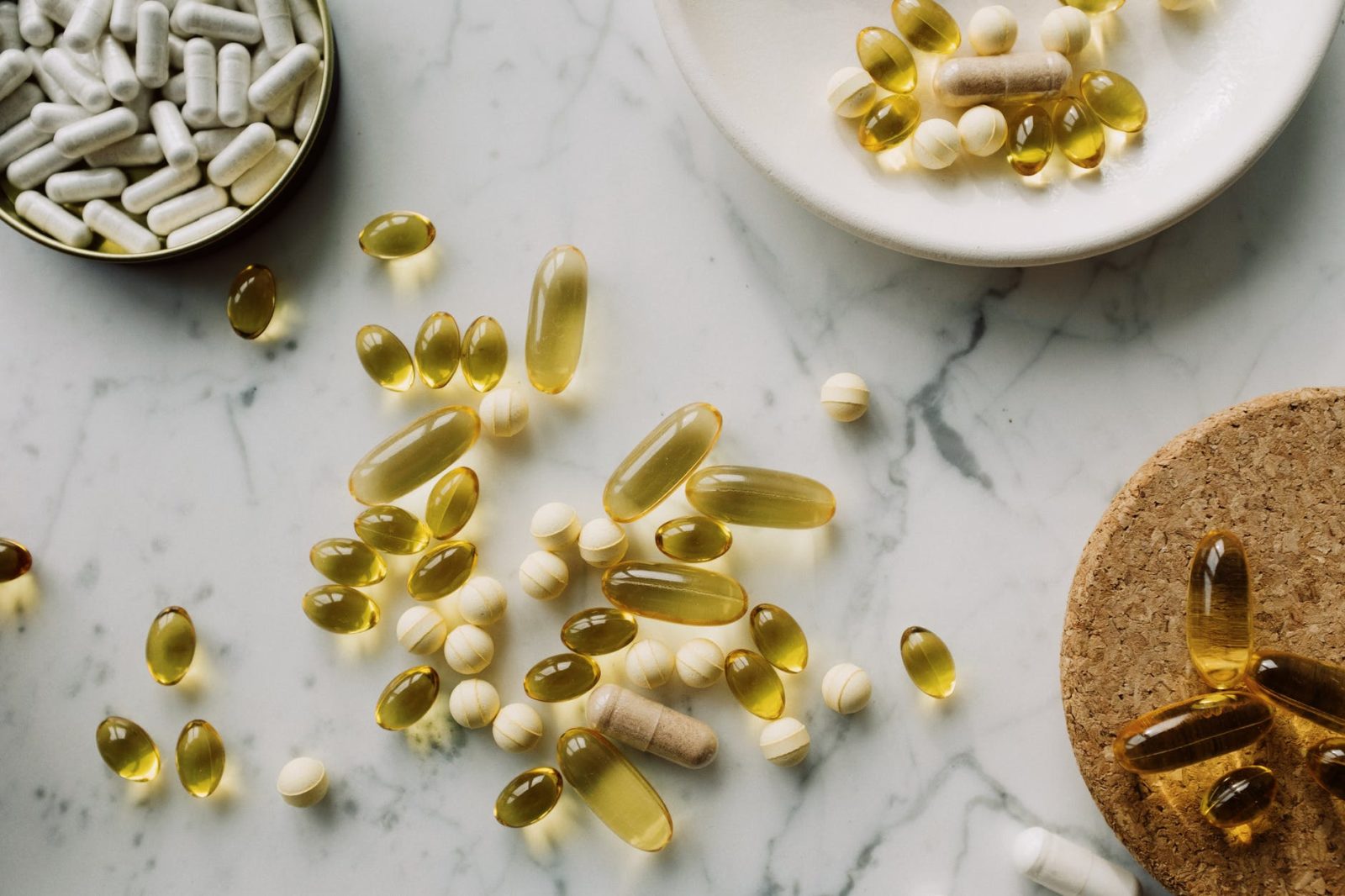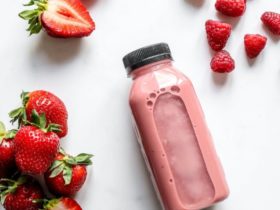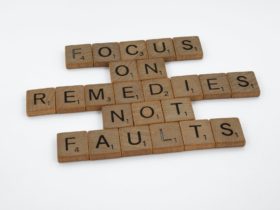Are dietary supplements good for you? Taking supplements is beneficial for you. However, incorrect intake of supplements can also pose health risks. Supplements are meant to fill the gaps in your nutrition. If you don’t need them or take incorrect doses of them, they can cause more harm than good. However, according to the FDA, most food supplements are not regulated by it, which calls for additional caution when purchasing dietary supplements.
If you are considering taking dietary supplements, this article will help you better understand the pros and cons of taking such supplements. However, it is always advised to go to a doctor for a proper prescription that is personalized to your requirements.
Food Supplements make up for lacking vitamins, however, don’t take them if not needed.
According to Dr. Waqas Ahmad Buttar, “If you can’t get enough of a particular vitamin or mineral through your diet, then they can help you make ends meet. This is seen most prominently with women and Iron, if they don’t eat red meat since iron is essential for blood, especially during menstruation, and with vegans and vitamin B12, since there are very few nonmeat sources that contain B12 (the supplements are produced by bacterial excretion which is where it’s actually produced in nature). If you are looking to gain weight, protein supplements will help you get enough to get your muscles growing if you don’t have the time, energy, diet profile, money, or stomach capacity to eat enough meat.” however, Dr. Buttar also says, “You really don’t need that much of any particular vitamin. If you aren’t lacking in a vitamin, there’s no benefit to taking more of it. On top of that, most people can get enough of all the nutrients they need through their diet and save money in the process. They promise big but deliver small, or even take away. Anti-oxidants, for example, don’t protect against cancer and can even protect it. A bit of exercise will do more to protect you from cancer than any amount of anti-oxidants. Vitamins have been demonstrated time and again to not protect from heart conditions as well. They’re generally more expensive than a similar amount of food. They’re poorly regulated and allowed to make grandiose claims with no or next to no backing.”
Dr. Waqas Ahmad Buttar is a Family Physician and a Health Administrator at Sachet Infusions. A veteran in the medical field with more than 14 years of professional experience.
Food supplements are beneficial but often contain sugars and should be limited
“When it comes to meals, we all know that eating real, whole food is best but sometimes those traditional fork and plate types of meals can be unrealistic for someone who is always on the go or needs to hit a certain macronutrient goal. Between drinkable meal supplements or complete meal bars, I would opt for the bars because the act of chewing can stimulate your body to signal that food is coming so it can better prepare. When choosing a food supplement, look for products that are high in protein and fiber because they contribute to the sensation of fullness and satiety. I also find that the drinkable types of meal supplements can potentially have a lot of sugar, which is something we should be trying to limit. Food supplements are also where I see a lot of sweet tasting products that have ‘zero sugar added’ which means the product may have some kind of artificial sugars and potentially sugar alcohols. To see if a product has sugar alcohols look at the ingredients list for ingredients where the last two letters end in ‘ol’. Sugar alcohols are safe to eat but they essentially pass through the body without being absorbed and can contribute to an upset stomach and bloating. Overall, food supplements can be beneficial, especially for people who are always on the go who otherwise would have missed a meal. I would try to limit your food supplements to one a day and only 5 days a week.”
Michele Sidorenkov is a classically trained chef and Registered Dietitian Nutritionist who builds culinary literacy and food enjoyment through healthy-ish recipes on her website; My Millennial Kitchen.
Improve poor health, but can be expensive or unnecessary
“Benefits of supplementation vary depending on the specific nutrient, but some examples of benefits include increased energy, decreased inflammation, better immunity, improved detoxification, and balanced blood sugar. Proper supplementation can truly make a difference in your health and quality of life when warranted. The key to adding supplements into your routine is having a firm understanding of what specific purpose a supplement serves. Keep in mind that oftentimes less is more when it comes to supplements since they are designed to fill in nutrient gaps in addition to adequate nutrition through food. Taking too many supplements can be expensive, unnecessary, and even dangerous. It’s also important to know that the supplements you’re choosing to purchase come from a reputable and safe source since supplements are unregulated and aren’t required to be third-party tested. With the implementation of a healthy and balanced diet, many of my clients tend not to need the added benefits of supplements. Instances where I do recommend supplements include clients who are pregnant or clients who take medications that contribute to decreased absorption of key nutrients. Clients who tend to be picky eaters or who have limited food preferences are also encouraged to get their missing nutrients from supplements.”
Laura Gaston (MS, RD, LD). Registered Dietitian and Founder & CEO of Busy Gal Nutrition
Fills in nutritional gaps, but harmful if used to replace a nutritious diet
“The main advantage of taking food supplements is that they can help fill in nutritional gaps in a diet. Some micronutrients like Vitamin D aren’t abundant in many foods and others like iron aren’t as bioavailable in foods like spinach. Thus, supplements can help ensure adequate levels are maintained long term. While multivitamins can be a good option in supplemental form, taking individual nutrients helps treat deficiencies better. The main disadvantage of supplements is that they’re often used to replace nutrient dense foods. Many people think that as long as they take a multivitamin or a specific nutrient like iron that they don’t need to eat healthfully. However, foods contain other compounds like polyphenols and antioxidants that are vital for health. Plus, food is always more bioavailable (more digestible and absorbable) than supplements, so eating a nutritionally void diet and taking supplements won’t always ensure micronutrient sufficiency.”
Michelle Tierney is a Registered Dietitian, Personal Trainer and Health and Wellness Freelance Writer whose mission is to help others create healthy, sustainable lifestyle habits. Strong Home Gym.
Additional Support for Immune System, however, can cause side effects and FDA approval not required to market them
“Some of the benefits of taking food supplements include an additional support for the immune system. Moreover, these are extra helpful for those with additional needs, like pregnant women, the elderly, and even those with restricted diets. To be more specific, expecting mothers need a significant amount of folate on a daily basis to lower the risk of birth defects, and supplements are a huge help especially for those who can’t get the daily requirement from food alone. However, there are also disadvantages to these helpful additions. Some might include side effects such as an upset stomach and heartburn. It is also important to make sure that it does not interfere with other medications, if any. Lastly, as much as possible, ensure that the supplements you are getting are legit and FDA approved, given that there are lots of unregulated stuff out there.”
Niyla Carson has graduated in Food Science and Human Nutrition and currently works as the nutritionist of FFMP.















Leave a Reply